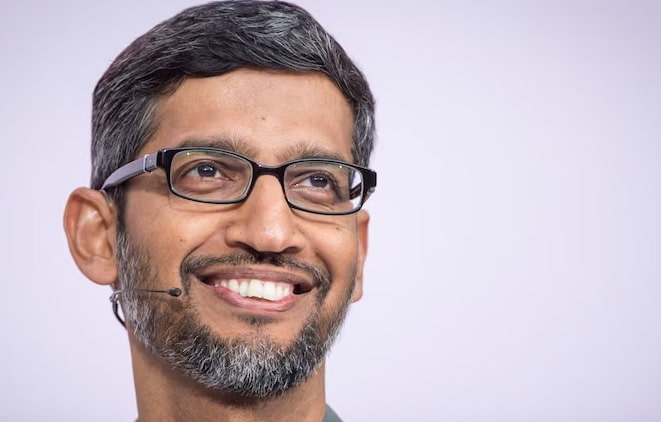Sundar Pichai, the CEO of Alphabet, the parent company of Google, recently made headlines as his compensation soared to $226 million, thanks to a significant stock award. The news has sparked discussions about executive pay and the role of stocks in compensation packages.
According to the filings made with the US Securities and Exchange Commission (SEC), Pichai was granted 1.8 million shares of Alphabet’s Class A common stock, which will vest over the next three years. The grant is said to be one of the largest single awards in recent corporate history and is more than double his 2020 compensation of $106.5 million.
The award puts Pichai in the league of other tech giants such as Elon Musk, Jeff Bezos, and Mark Zuckerberg, who have also received large stock awards in the past. However, the size of the award has raised eyebrows, especially in light of the ongoing debate about income inequality and the wealth gap.
While some argue that Pichai’s compensation is well-deserved given Alphabet’s strong financial performance in recent years, others question the fairness of such large awards, particularly when compared to the average employee’s salary.
In response to the news, Pichai said in a statement, “I am grateful for the opportunities and challenges that come with this role. And I’m honored by the trust that the Board and shareholders have placed in me. I want to be clear that this grant is based on performance, and that performance is measured by the company’s long-term success.”
The award is tied to Alphabet’s performance and Pichai’s tenure as CEO, which began in 2015. According to the SEC filings, the grant will vest in full if Pichai remains CEO through December 31, 2023. If he steps down before that date, a portion of the award will be forfeited.
The news of Pichai’s compensation comes at a time when executive pay and the wealth gap have become hot-button issues. Critics argue that such large awards contribute to income inequality and create a sense of entitlement among executives.
In response, some companies have begun to re-evaluate their compensation policies. For example, earlier this year, Amazon announced that it would raise the minimum wage for its employees to $15 an hour. This move was widely seen as a response to criticism of the company’s CEO, Jeff Bezos, and his massive wealth. Other companies, such as Google and Facebook, have since followed suit by increasing wages or offering more generous benefits packages. These changes may ultimately benefit employees and their families, but they also reflect a broader shift in the corporate world- one that recognizes that taking care of its workers is essential to long-term success.
Others argue that stock awards are an important part of executive compensation, as they align the interests of executives and shareholders. When executives have a stake in the company’s success, they are more likely to make decisions that benefit the company over the long term.
In the case of Alphabet, the stock award is tied to the company’s performance, which means that Pichai’s compensation is directly linked to the success of the business. As such, it could be argued that the award is an appropriate way to incentivize and reward Pichai for his leadership.
Overall, the news of Pichai’s compensation has reignited the debate about executive pay and the role of stocks in compensation packages. While some argue that such awards contribute to income inequality, others see them as an important way to align the interests of executives and shareholders. As the conversation continues, it will be interesting to see how companies respond and adapt to changing attitudes towards executive compensation.










